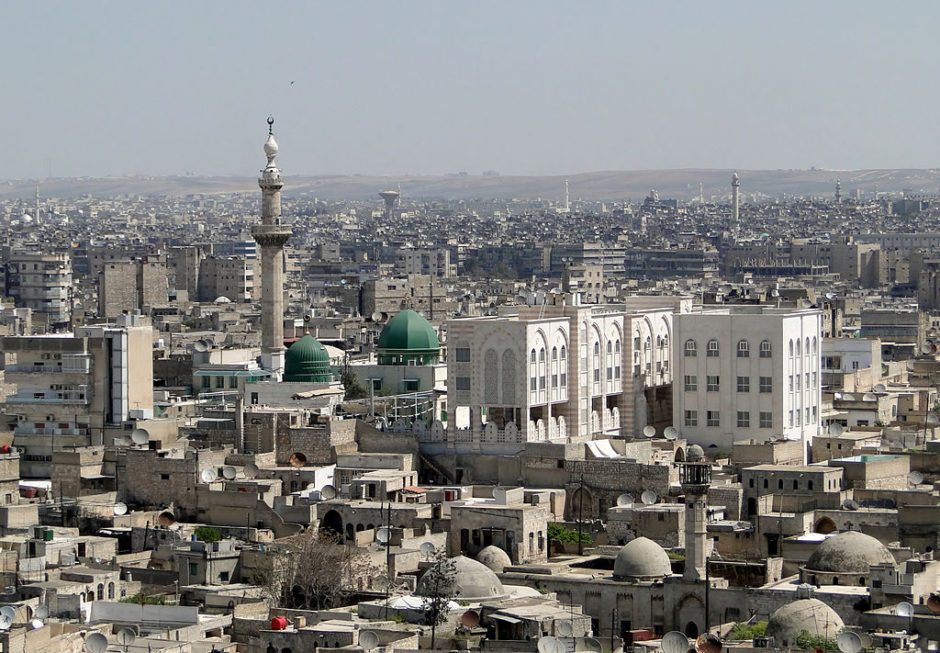It’s quite clear that a military solution to the ferocious civil war in Syria — which has claimed the lives of some 400,000 combatants and civilians since 2011– is unattainable.
The war has reached a bloody impasse.
Nevertheless, the Syrian government of President Bashar al-Assad, backed by Russia, Iran, Hezbollah and Shiite militias from Iraq and Afghanistan, is deploying massive military force to change the balance of power on the battlefield.
In the past six months, the Syrian army has retaken chunks of territory captured by the rebels. Even so, Assad’s regime holds only about a quarter of Syria’s land mass. The rest is occupied by a panoply of rebel groups, Islamic State and Fatah al-Sham, the Al Qaeda affiliate in Syria.
The war is basically deadlocked. According to experts, the impasse can be broken only by diplomacy, through negotiations between the two warring sides.
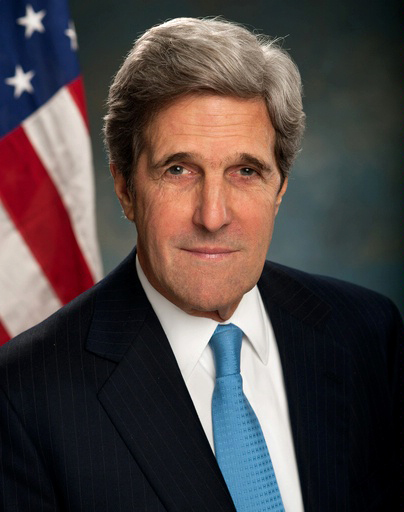
This was U.S. Secretary of State John Kerry’s working assumption when he and Russian Foreign Minister Sergei Lavrov reached an accord in Geneva on September 9 that was supposed to achieve a cessation of hostilities and bring relief supplies to trapped Syrian civilians.
If the truce had held, the United States and Russia would have taken the next step and launched coordinated air strikes against Islamic State. This would have represented a step in the right direction. Washington and Moscow are deeply at odds over the war, with Russia supporting Assad and the United States calling for his removal. But they’re in agreement that Islamic State is their common enemy and should be smashed.
Now that the truce has gone up in smoke, like the last ill-fated one in February hammered out by Kerry and Lavrov, the proposed U.S.-Russian air campaign against Islamic State has been deferred, much to Islamic State’s advantage.
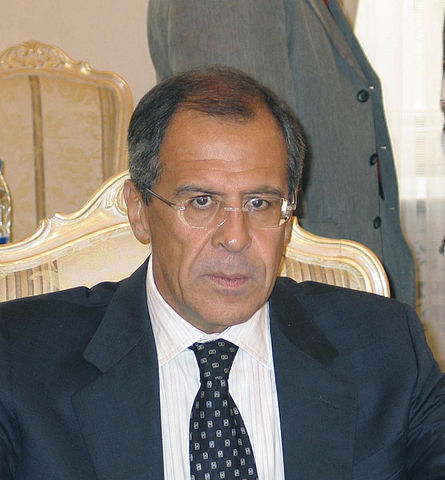
With the collapse of the latest ceasefire, Syrian and Russian jets bombed rebel-controlled eastern Aleppo, inhabited by 250,000 Syrians.
The fierce and unrelenting air strikes on Syria’s biggest city, described as the heaviest since the eruption of the war five years ago, appear to have demolished the central premise that underpinned the truce.
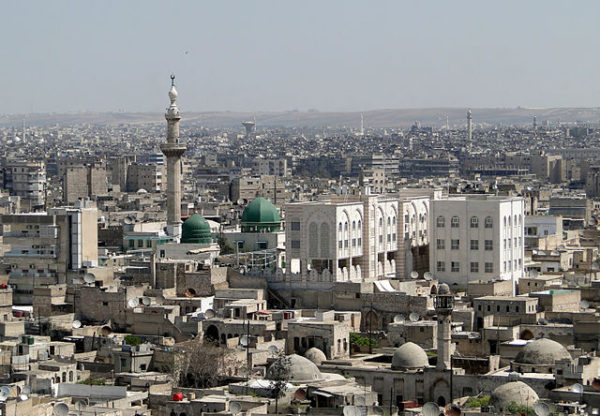
Kerry assumed that Lavrov shared his belief that the war could be settled by only political means. Presumably, Lavrov led Kerry to believe that Russia was amenable to a negotiated settlement. Kerry would not have consented to a truce unless he had been reasonably certain that the United States and Russia were on the same page regarding the issue.
Kerry’s assumption has proven to be false, judging by Syria’s and Russia’s air attacks on Aleppo, the last major city in Syria still partially under the control of rebel forces. The Syrian government has recaptured rebel neighborhoods in Damascus, Homs and Hama, but eastern Aleppo is still up for grabs.
Assad is extremely determined to recapture it. On the first day of the truce, he signalled his real intentions toward the conflict by declaring that his ultimate aim is to recover lost territory and thereby reunify Syria.
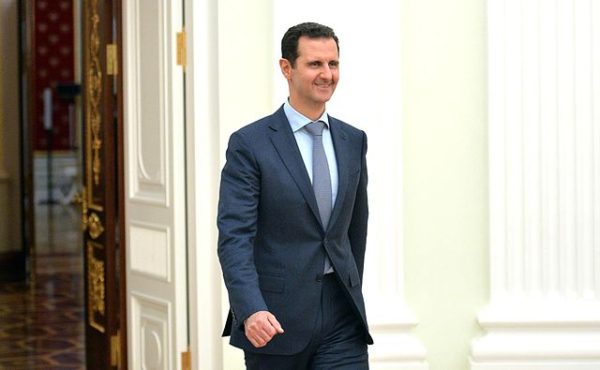
From that moment onward, the ceasefire was rocked by a series of terrifying events.
On September 17, U.S. aircraft flying over the eastern town of Deir ez-Zor accidentally killed 62 Syrian soldiers in an attack ostensibly aimed at Islamic State. It was the first time in the war that the United States had hit the Syrian army.
Lavrov expressed skepticism that the United States could commit such an egregious mistake. Assad accused Washington of colluding with Islamic State and Fatah al-Sham, previously known as Jabhat al-Nusra.
Two days later, following a Syrian statement that the ceasefire was now null and void, Syrian and Russian jets bombed a United Nations convoy of trucks carrying food and medical supplies to eastern Aleppo, killing 12 UN workers.
On September 22, Syria, Russia and Iran unleashed an all-out and indiscriminate assault on eastern Aleppo. It continues to this day, with the Russians reportedly using bunker-busting bombs to destroy underground shelters.
Russia’s participation in the offensive, which has claimed the lives of hundreds of civilians, has aggravated its already sour bilateral relations with the United States.
At a news conference in New York, Lavrov urged the United States to accept the legitimacy of the Assad regime and claimed that Assad is the only viable partner in the struggle against terrorism. He also hailed the Syrian army as “the single most efficient force fighting terror in Syria.”
In the same vein, Russia’s ambassador to the United Nations, Vitaly Churkin, claimed that Assad has displayed “enviable restraint.” He said that no truce in Syria can endure unless Western-supported rebels distance themselves from Fatah al-Sham, which has helped rebel forces fend off attacks by Assad.
Russian President Vladimir Putin’s spokesman, Dimitry Peskov, said that Syrian opposition groups, backed by the West and its Arab allies, flouted the terms of the truce by virtue of their cooperation with Fatah al-Sham.
The U.S. ambassador to the United Nations, Samantha Power, accused Syria and Russia of perpetuating the war and committing war crimes.
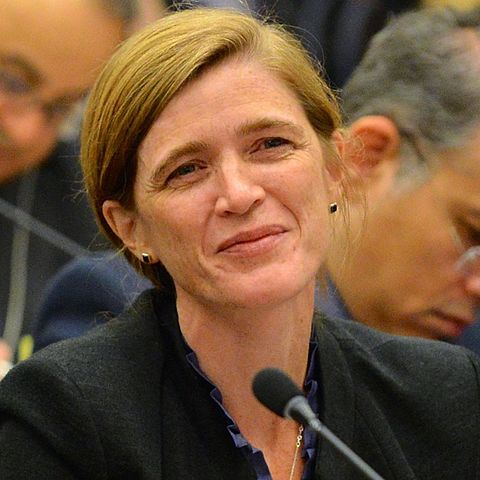
“Instead of pursuing peace, Russia and Assad make war,” she said, accusing them of bombing the humanitarian convoy, first responders, hospitals and water supply networks. “What Russia is sponsoring and doing is not counter-terrorism. It is barbarism.”
The mutual recriminations reached new heights on September 28 when Kerry threatened to end all talks with Russia on Syria and scrap plans for a joint military effort against Islamic State unless Russia and Syria cease bombing eastern Aleppo.
It’s unlikely they will heed Kerry’s call, at least for the foreseeable future.
As Assad said recently, he has every intention of recapturing “every area from the terrorists and to rebuild” Syria. Russia is fully behind Assad and will do whatever it takes to help him establish his hegemony over Syria.
